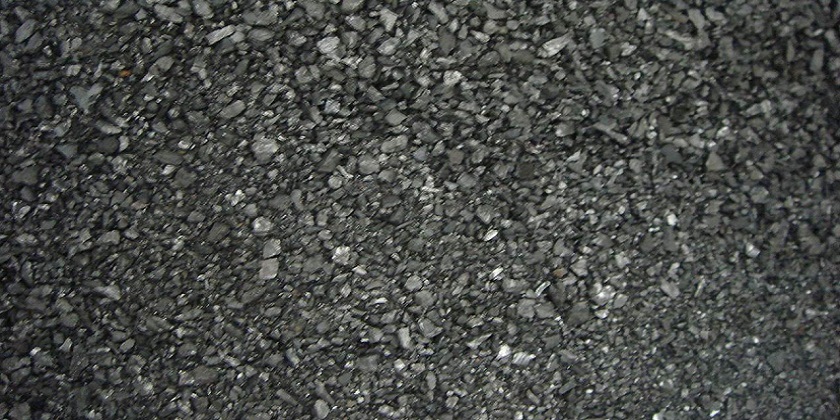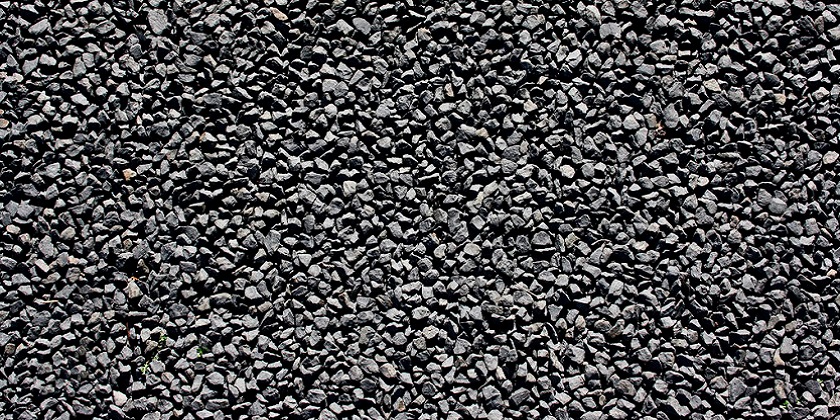Petroleum coke calcining is thermal treatment of green petroleum coke (GPC) above 1200 C. to benefit the material by removing moisture, volatile matter and other green coke impurities, while increasing density and decreasing electrical resistivity. Calcined petroleum coke is mainly used to produce anodes used in the aluminum industry, steel making and titanium dioxide industries among other niche applications.
The coke calcining process is a time-temperature function concerning three main step process involving: drying, removing of volatile matters (VM) and densification. These three major steps transform the coke structure into a more ordered, electrically conductive form of carbon Important control variables are heating rate, air flow rate and final calcination temperature.
To produce the calcined coke required by specific industries such as the carbon and graphite industries, the coke must be subjected to process at high temperatures to achieve density, structure and conductivity.
The final quality of the calcined coke is directly related to the specific characteristics and quality of the green coke fed to the calciner. While calcination cannot improve upon certain quality limits inherent in the green coke, potential quality can be lost by improper calcining.
There are three main process technology used for the purpose of petroleum coke calcination – Rotary Kiln, Rotary Hearth and Shaft Calcining
Marlin Energy Group can offer a variety of solutions to aim customer requirements, including product blending and technology.


